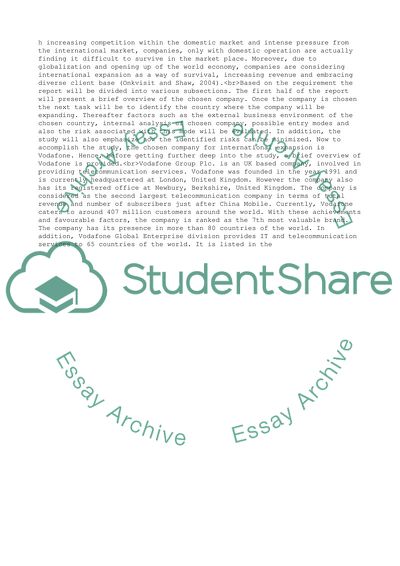Cite this document
(International Business Essay Example | Topics and Well Written Essays - 2500 words - 7, n.d.)
International Business Essay Example | Topics and Well Written Essays - 2500 words - 7. https://studentshare.org/business/1792965-international-business
International Business Essay Example | Topics and Well Written Essays - 2500 words - 7. https://studentshare.org/business/1792965-international-business
(International Business Essay Example | Topics and Well Written Essays - 2500 Words - 7)
International Business Essay Example | Topics and Well Written Essays - 2500 Words - 7. https://studentshare.org/business/1792965-international-business.
International Business Essay Example | Topics and Well Written Essays - 2500 Words - 7. https://studentshare.org/business/1792965-international-business.
“International Business Essay Example | Topics and Well Written Essays - 2500 Words - 7”. https://studentshare.org/business/1792965-international-business.


